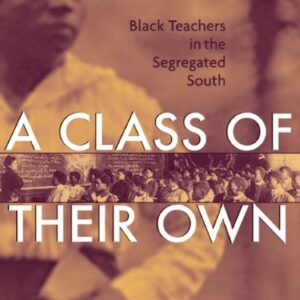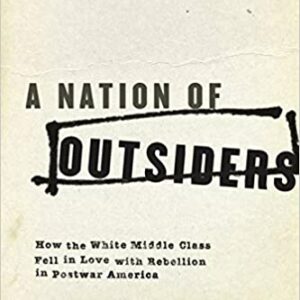
A Class of Their Own: Black Teachers in the Segregated South
By Adam Fairclough (NHC Fellow, 1994–95) In this major undertaking, civil rights historian Adam Fairclough chronicles the odyssey of black teachers in the South from emancipation in 1865 to integration one hundred years later. No book until now has provided us with the full story of what African American teachers tried, achieved, and failed to do in … Continued








